Future
Aramco and Formula 2: Pioneering the use of 100% advanced sustainable fuel in 2025
by Samarth Kanal
5min read
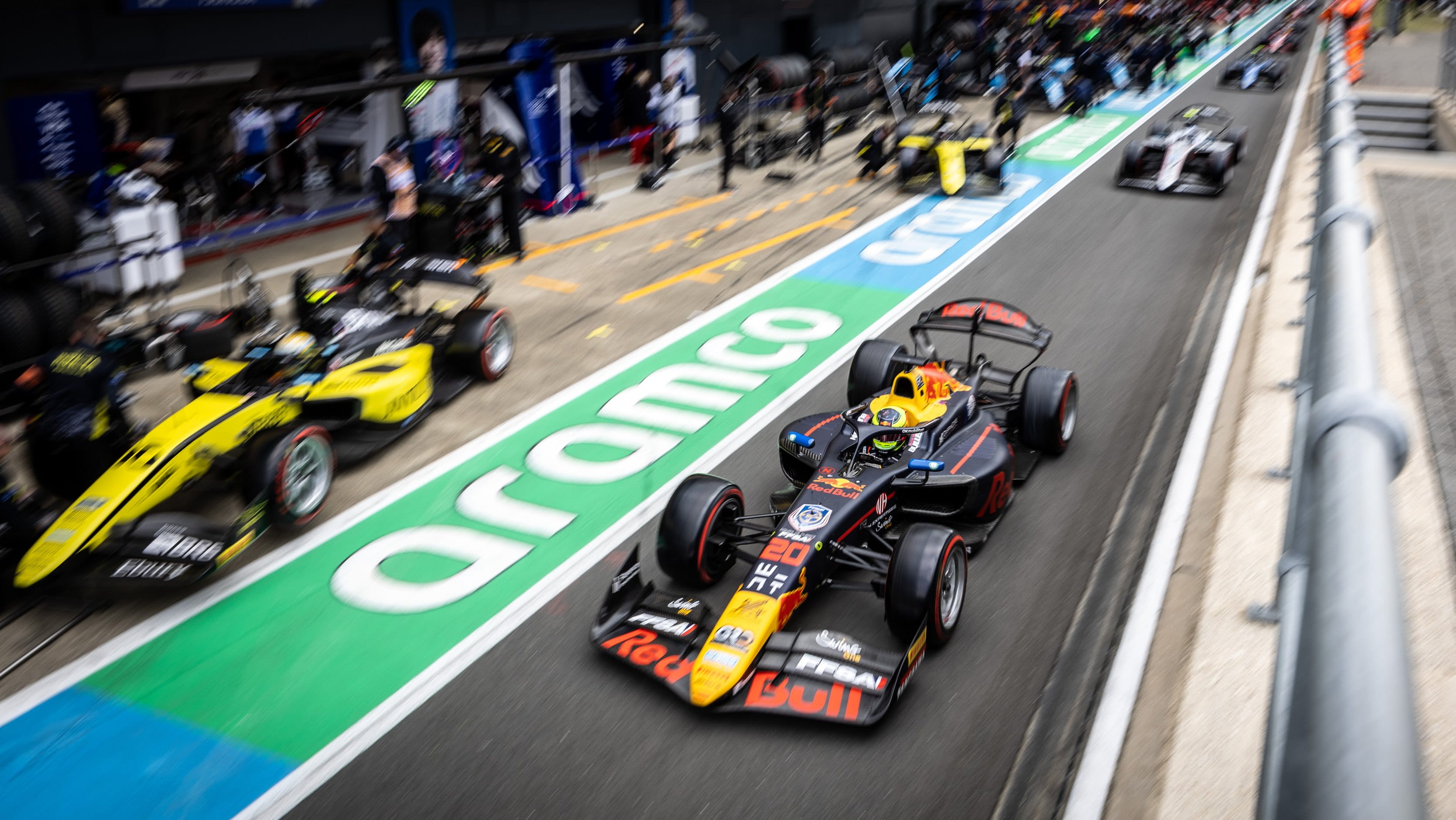
Next year, the FIA Formula 2 and Formula 3 Championships will use 100% advanced sustainable fuels as they push the frontiers of technology together with Aramco. Not only will this bring the FIA junior single-seater championships into a new era, but will also drive progress on the road.
In 2022, Aramco partnered with F2 and F3 to supply advanced sustainable fuel and, from 2023, the championships have been using fuel of which 55% is sourced from second generation bio components.
From 2025, the FIA F2 and F3 Championships will make a significant step towards achieving the governing body’s goal of being net zero carbon in 2030 - and the technology could find its way onto the road. Advanced sustainable fuels, or lower-carbon fuels, can be bio-based.
Our intent is to test these fuels under extreme conditions. We need to validate their potential.
Amer A. Amer
, Aramco chief technologist
Why has Aramco partnered with F2 and F3?
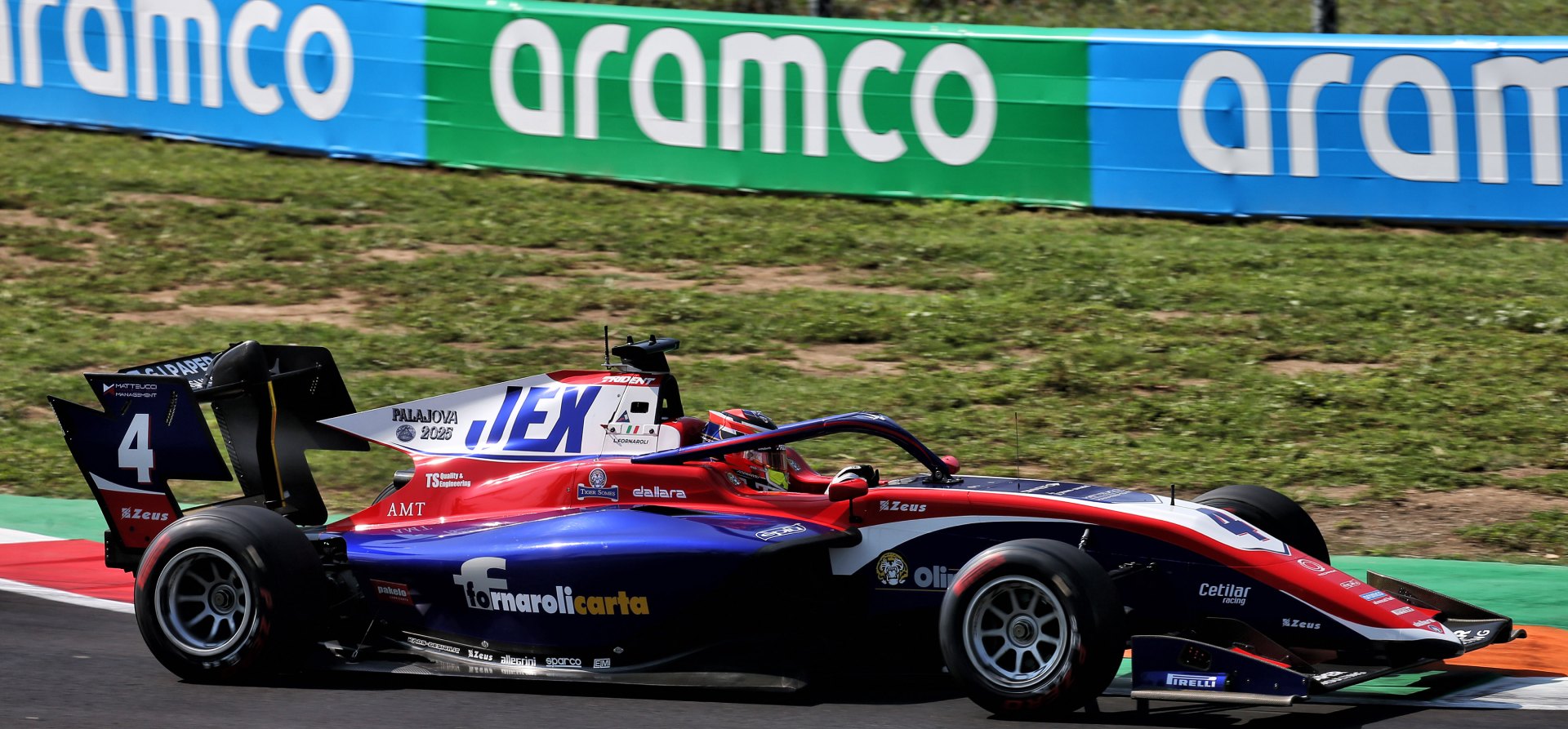
Formula 3 (pictured) will use 100% advanced sustainable fuel in 2025 along with Formula 2
What are bio-based fuels?

Formula 1 aims to adopt 100% sustainable fuel from 2026 having partnered with Aramco
What are the advantages of lower-carbon fuels?
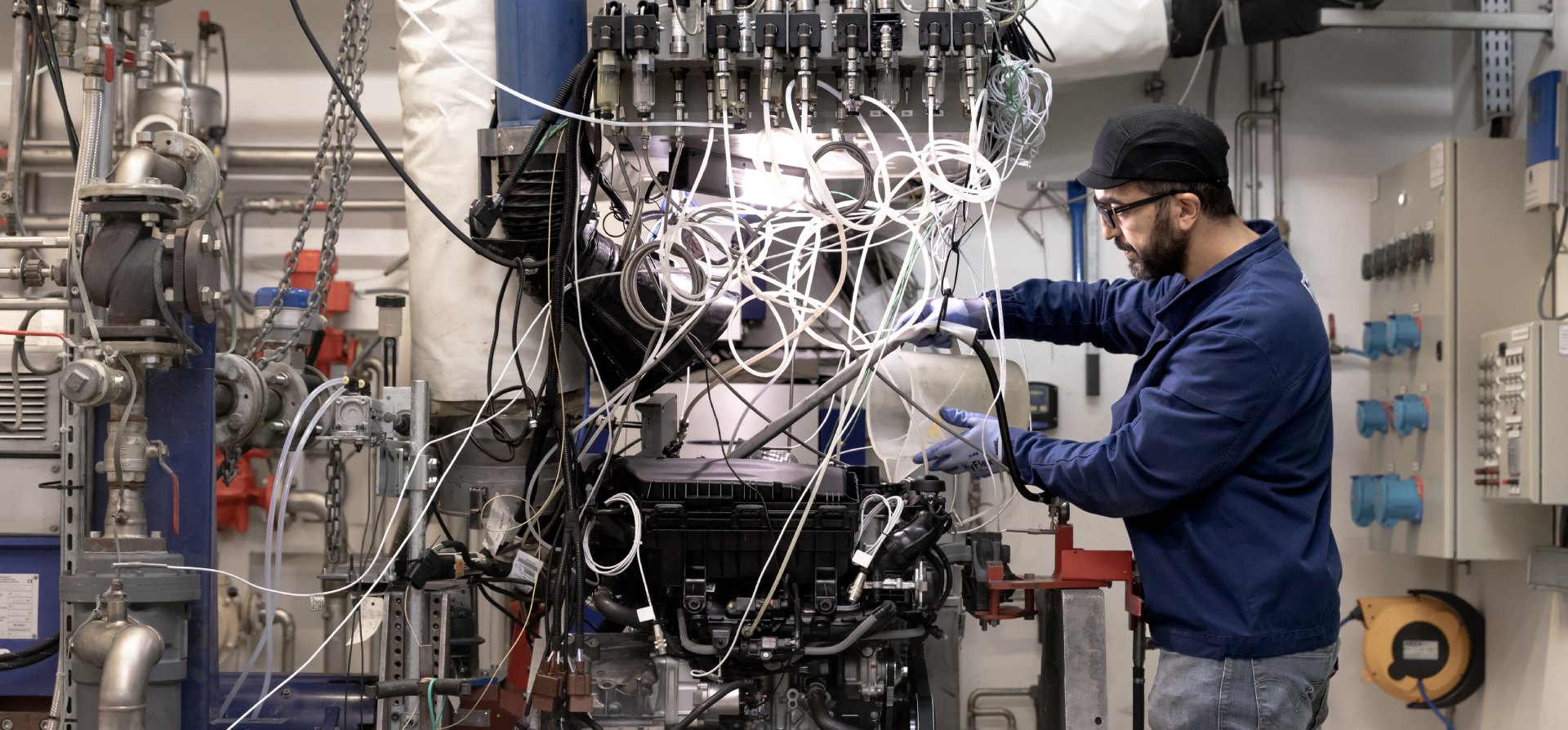
A Stellantis engine powered by sustainable fuel on a dynamometer
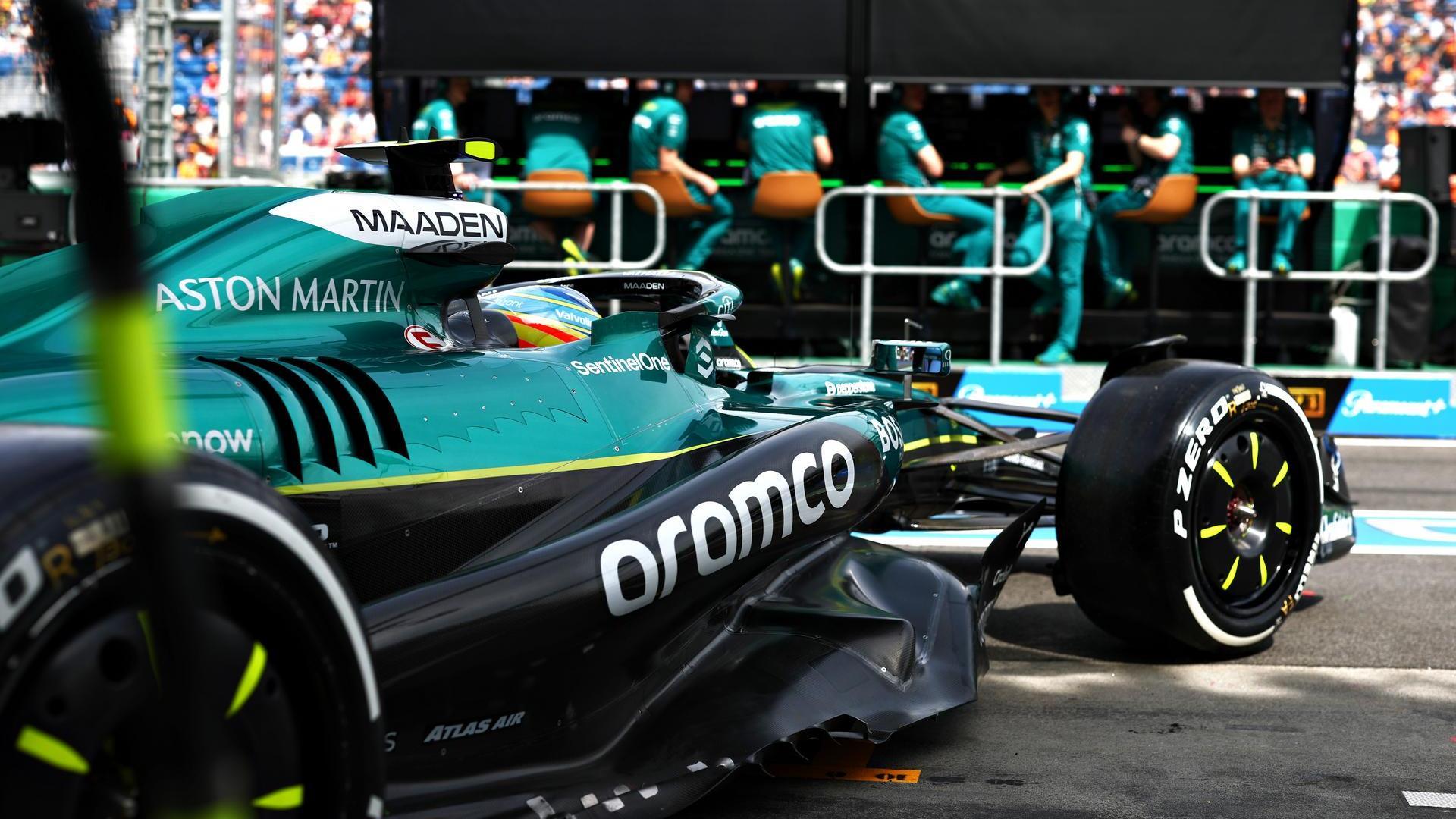
Sign up for a newsletter and we'll make sure you're fully up-to-date in the world of race technology
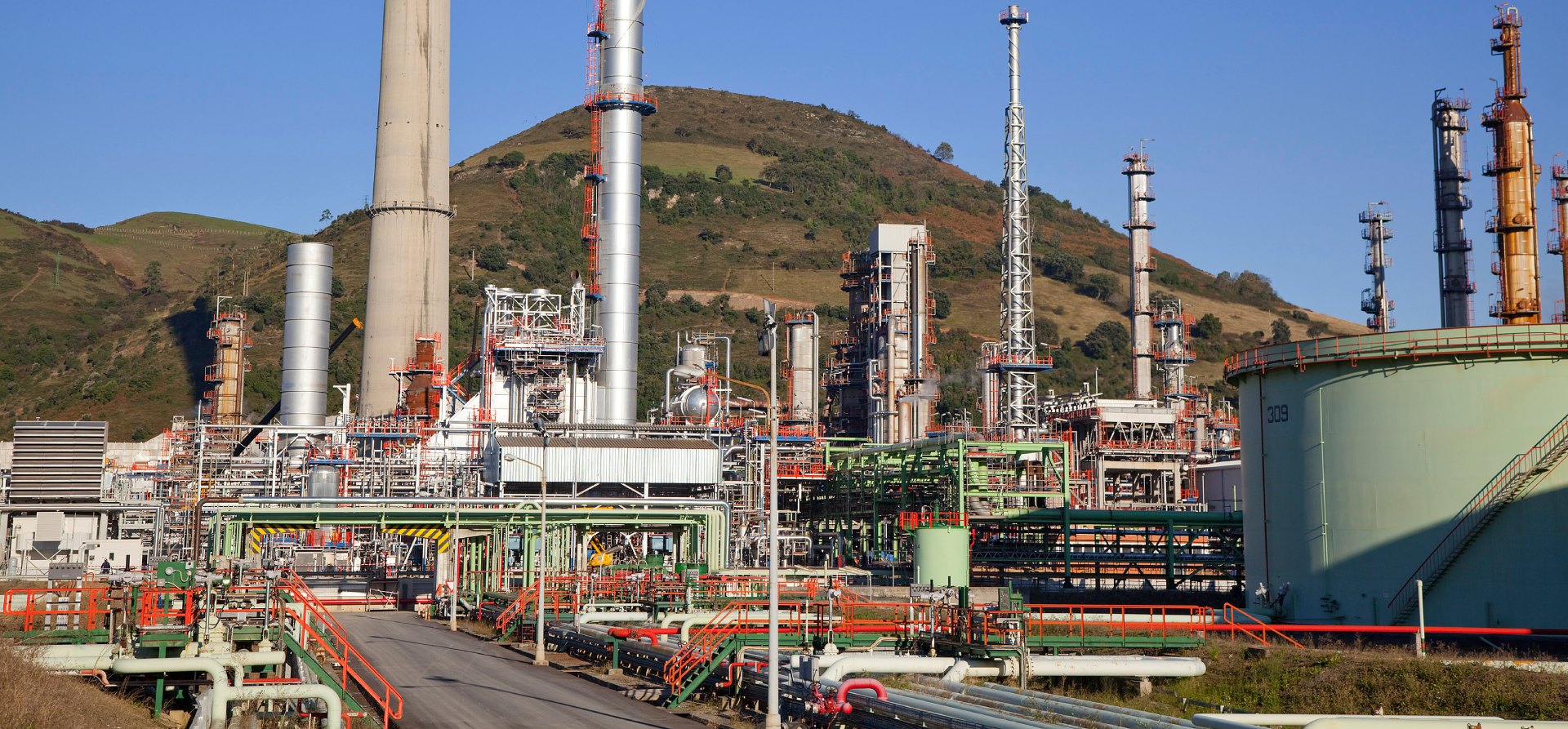
The Repsol/Aramco Petronor facility in Bilbao, Spain
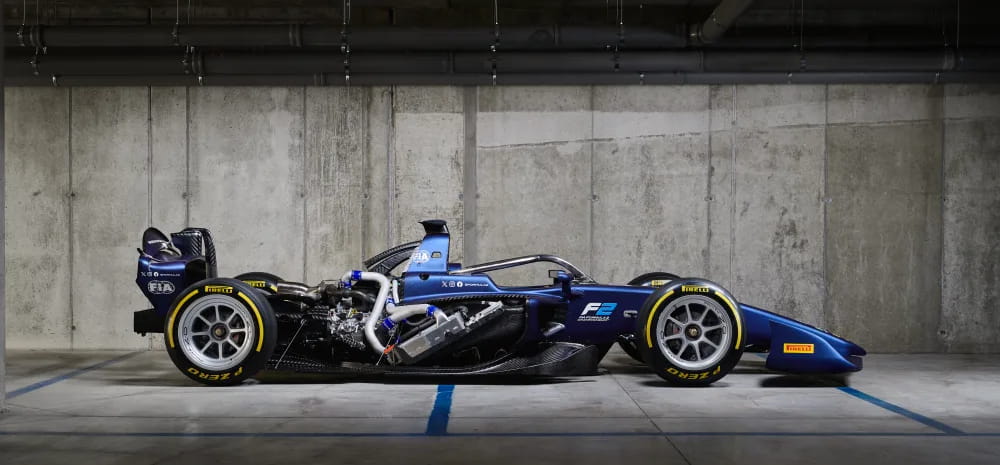
Formula 2 and Formula 3 Mecachrome engines will be tweaked for sustainable fuel to be deployed
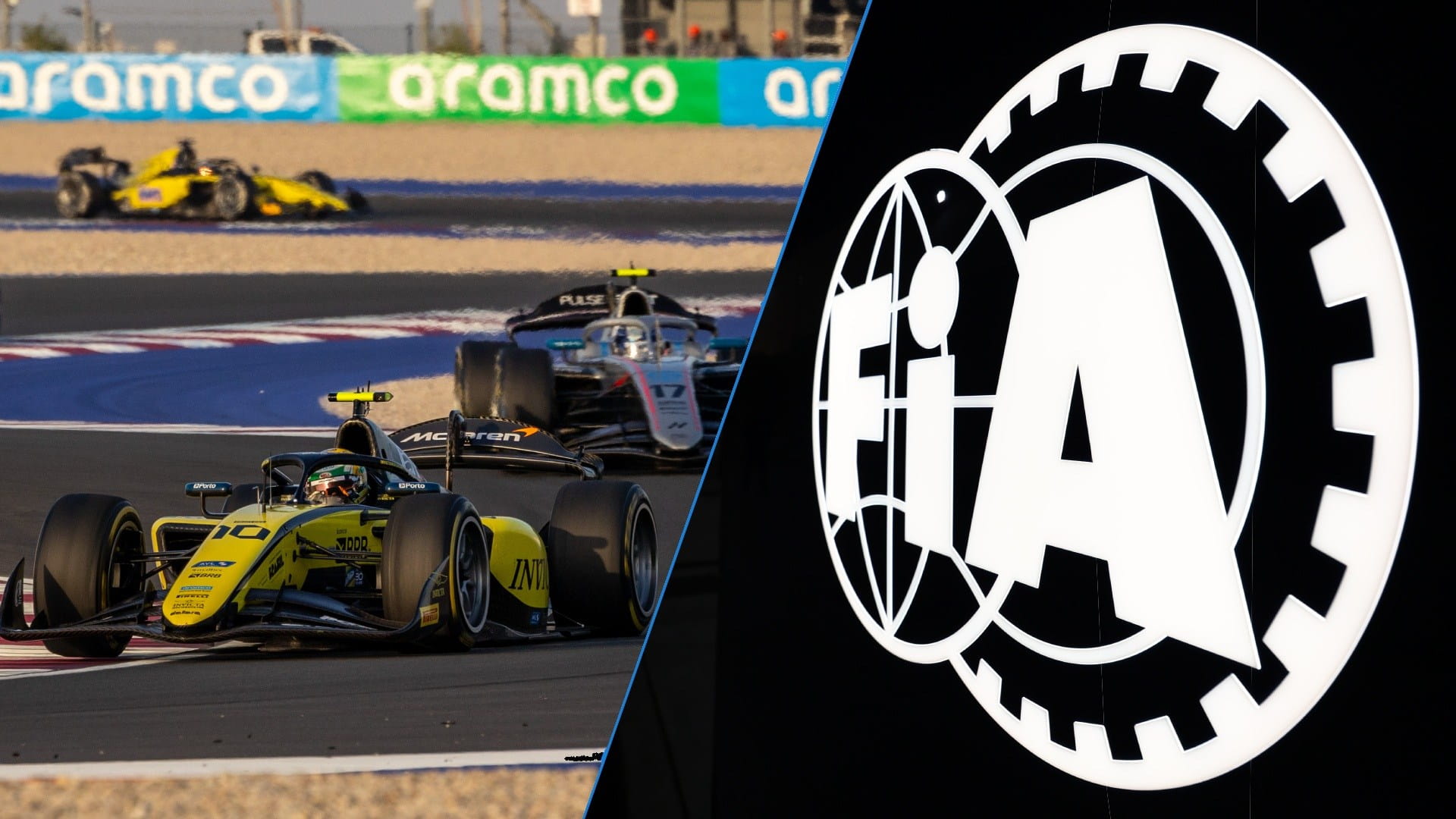
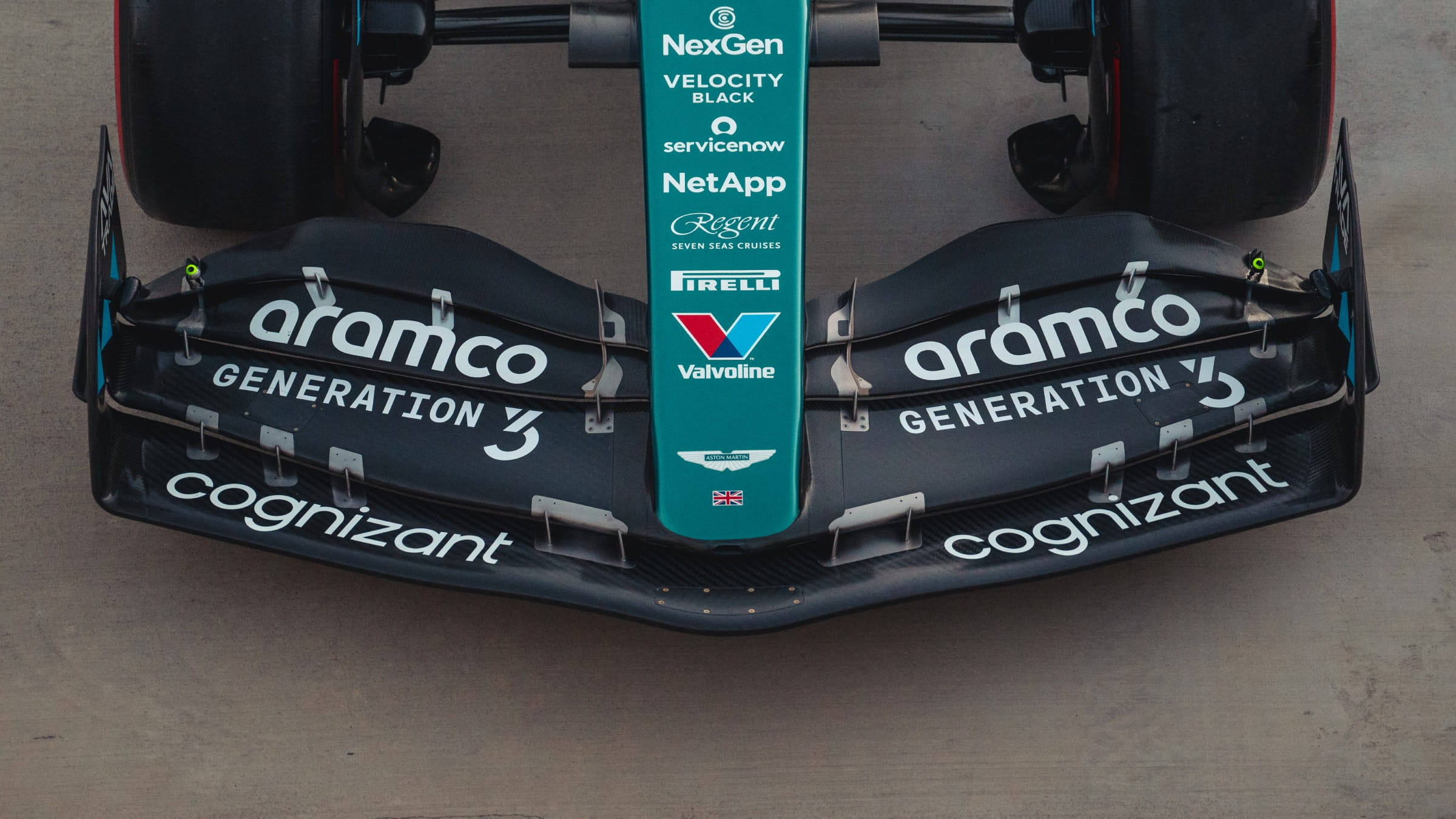
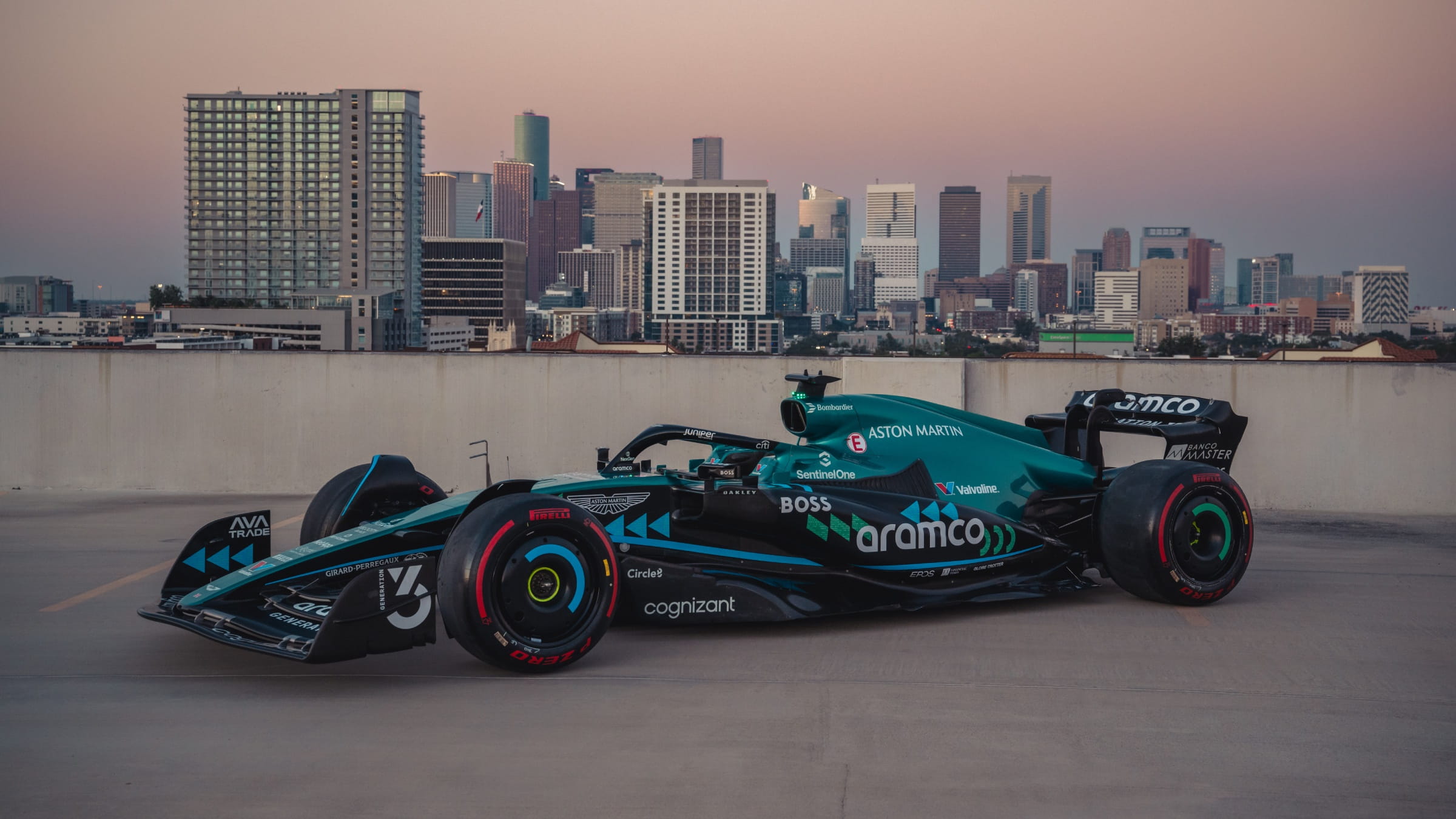

/image-(2).jpg?cx=0.5&cy=0.5)